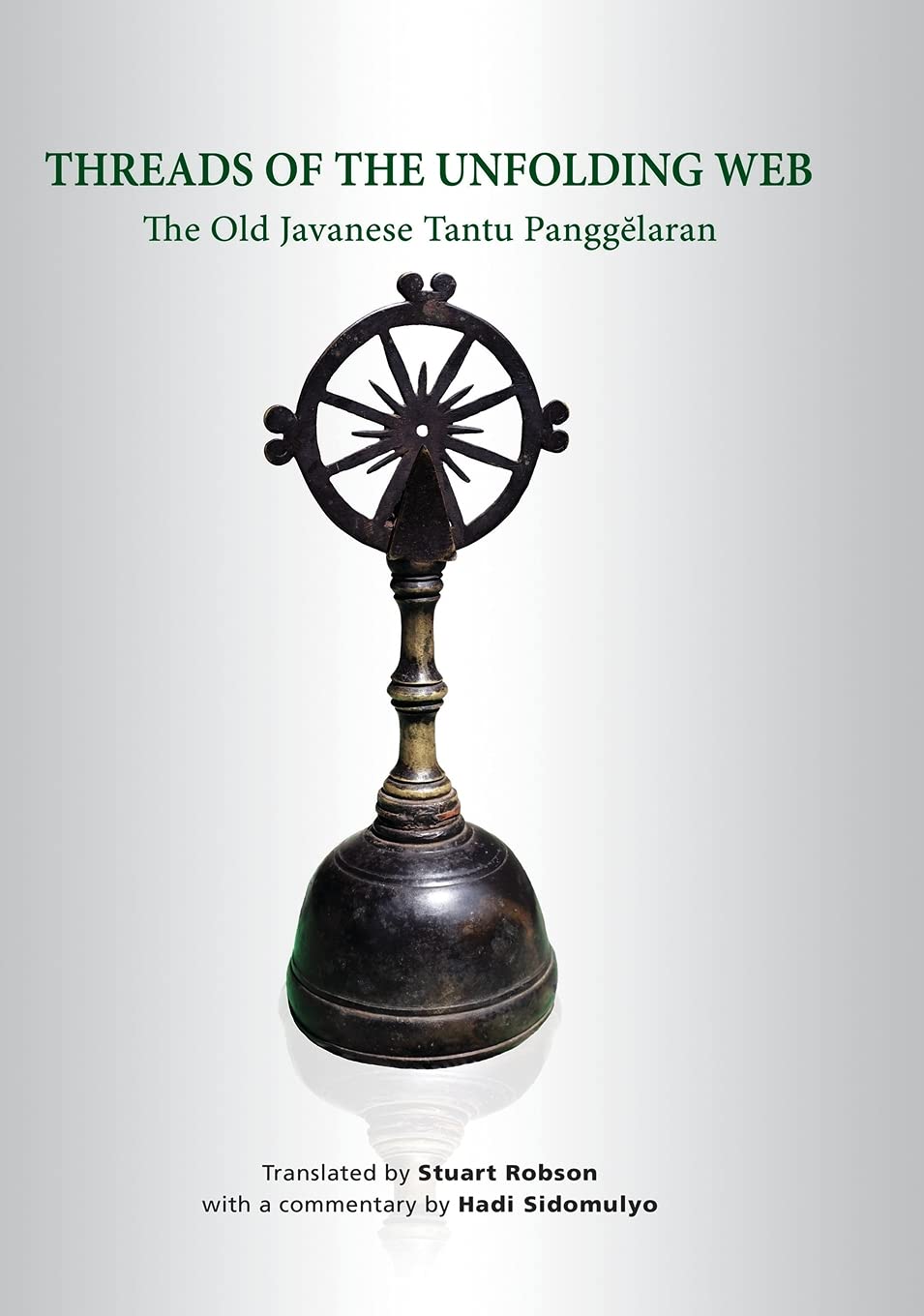

Most ebook files are in PDF format, so you can easily read them using various software such as Foxit Reader or directly on the Google Chrome browser.
Some ebook files are released by publishers in other formats such as .awz, .mobi, .epub, .fb2, etc. You may need to install specific software to read these formats on mobile/PC, such as Calibre.
Please read the tutorial at this link: https://ebookbell.com/faq
We offer FREE conversion to the popular formats you request; however, this may take some time. Therefore, right after payment, please email us, and we will try to provide the service as quickly as possible.
For some exceptional file formats or broken links (if any), please refrain from opening any disputes. Instead, email us first, and we will try to assist within a maximum of 6 hours.
EbookBell Team

5.0
18 reviewsThreads of the Unfolding Web is essential reading for scholars, students and the general reader interested in Javanese history of the fifteenth and sixteenth centuries. Little is known about the history of Java in this period, which witnessed the beginnings of major global economic, political, cultural and religious change. It was a time when Java saw the decline of the once powerful eastern Javanese kingdom of Majapahit, the rise of Muslim kingdoms on Java’s northern coast and the arrival of the first Europeans in the person of the Portuguese Tomé Pires in Java’s cosmopolitan ports.
"Stuart Robson’s expert English translation of the Tantu Panggĕlaran gives his readers ready access to this important work, which provides insight into how the author and his contemporary Javanese readers imagined the realities of the world in which they lived. We learn how they conceived the creation of this world and understood the relationship between the gods and men. Importantly, we learn also how they conceived a history of the foundation and spread of Bhairava Śivaite hermitages, shrines and temples. The work traces the history of this network from its origins in the vicinity of the Dieng plateau and the northern plains of Batang and Pekalongan to its subsequent expansion to the Tengger and Hyang Massifs of eastern Java. Hadi Sidomulyo’s impressive commentary, an amalgam of textual analysis and the survey of archaeological sites, is a model for the way in which further research of this sort might be conducted and underlines the urgent need for further archaeological surveys and the future excavation of archaeological sites." -- Professor Emeritus Peter Worsley, Indonesian Studies, University of Sydney
"Ever since the dissertation of Th. Pigeaud was published in 1926, the Tantu Panggělaran has both intrigued and perplexed scholars of the cultural history of Java. Despite Pigeaud’s translation and copious notes much remained uncertain and his comments were not easily accessible except to readers of Dutch. Now, the publication of Threads of the Unfolding Web has breathed new life into studies of this rare exemplar of the literature of the “period of transition” in sixteenth century Java. This collaborative volume combines the skills of Stuart Robson, a senior in the field of translation from Old Javanese, and Hadi Sidomulyo, whose deep interest in the early history of Java combines attention to the inscriptional record with field work using GPS technology to locate and describe archaeological remains spread throughout Java. As a result you have before you a volume that illustrates the close linkages between a literary text describing the mythical foundations of the Śaiva ascetic communities of the Javanese Ṛṣi order and the geophysical coordinates of these communities as far as they can be traced today. This combination represents a giant leap forward for studies of the Tantu Panggělaran. We owe the authors a debt of gratitude for the years of work that lay behind the completion of this important volume."-- Thomas M. Hunter, Lecturer in South-Southeast Asian Studies, University of British Columbia